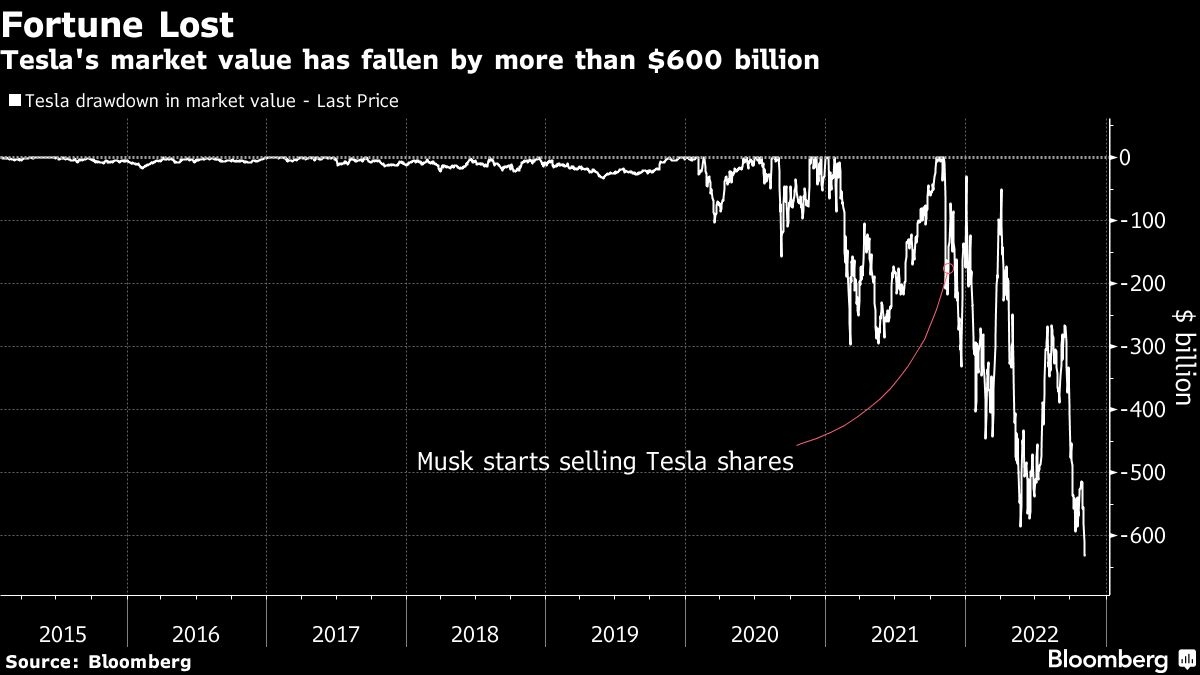CANADA
Here are the new cost of living support measures announced in the Fall Economic Statement
, BNN Bloomberg
Nov 3, 202
The federal government announced six initiatives in its Fall Economic Statement focused on helping Canadians navigate higher inflation.
The Department of Finance outlined the new support measures in its Fall Economic Statement that are meant to help at-risk Canadians and “designed to avoid pouring fuel on the fire of inflation.”
Here’s a look at the different announcements Ottawa outlined and how much Canadians could qualify for in the coming months.
ELIMINATING INTEREST ON STUDENT LOANS
Finance officials said it would permanently make all Canada Student Loans and Canada Apprentice Loans interest-free. This includes loans that are currently being repaid by Canadians. The move will cost the government $2.7 billion over five years and $556.3 million annually after that five-year period is over.
ADVANCING THE CANADA WORKERS BENEFIT
The Fall Economic Statement proposed advancing the Canada Workers Benefit (CWB), a refundable credit delivered through tax returns that would impact three million Canadians.
The change would issue advance payments of the credit for workers that qualified the previous year.
“The CWB would provide up to $1,428 for single workers or up to $2,461 for a family this spring through the existing tax return payment, and then new advance payments for 2023 across three quarterly advance payments starting in July, putting more money in workers’ pockets to help cope with the rising cost of living,” it said in the economic statement.
The changes would result in $4 billion in new spending over the next six years.
SLASHING CREDIT CARD TRANSACTION FEES FOR SMALL BUSINESSES
Government officials will also negotiate with credit card payment companies to help lower transaction fees for small businesses and will draft new legislative changes to the Payment Card Networks Act. But the government warned it will take action if the credit card industry doesn’t find a solution to lowering fees next year.
“Should the industry not come to an agreed solution in the months to come, the government will move forward with these draft legislative proposals in the New Year and move forward on regulating credit card transaction fees,” it said in the Fall Economic Statement.
REITERATING PREVIOUS ANNOUNCEMENTS
The federal government also reiterated the cost of living support measures that were announced earlier this fall.
The economic update did not include any new housing affordability measures, however it flagged the Canada Housing Benefit top-up that was announced in September.
DOUBLING GST TAX CREDIT
Ottawa will also double the Goods and Services Tax (GST) credit for an estimated 11 million low- and modest-income Canadians. The additional one-time payment will start on Friday.
Prime Minister Justin Trudeau announced the additional GST payments earlier this week. The additional credit will cost the government $2.48 billion in its current fiscal year.
“Single Canadians without children will receive up to an extra $234, and couples with two children will receive up to an extra $467. Seniors will receive an extra $225 on average,” it said in the economic statement.
CANADA HOUSING BENEFIT TOP-UP
The federal government also reiterated its plans to top-up the Canada Housing Benefit. In September, it announced a tax-free payment of $500 to 1.8 million low-income renters, who are spending at least 30 per cent of their income on rent.
The federal benefit will be available for families with an adjusted income below $35,000, or below $20,000 for single Canadians. The initiative is expected to cost $1.16 billion in the current fiscal year.
CANADA DENTAL BENEFIT
The Fall Economic Statement also highlighted the federal government’s move to introduce legislation for the Canada Dental Benefit.
The benefit will provide parents or guardians with tax-free payments to cover dental expenses for kids under 12-years-old.
“For those without dental coverage and with an annual family income under $90,000 per year, the Canada Dental Benefit will provide payments of up to $650 per year, over the next two years,” it said.



